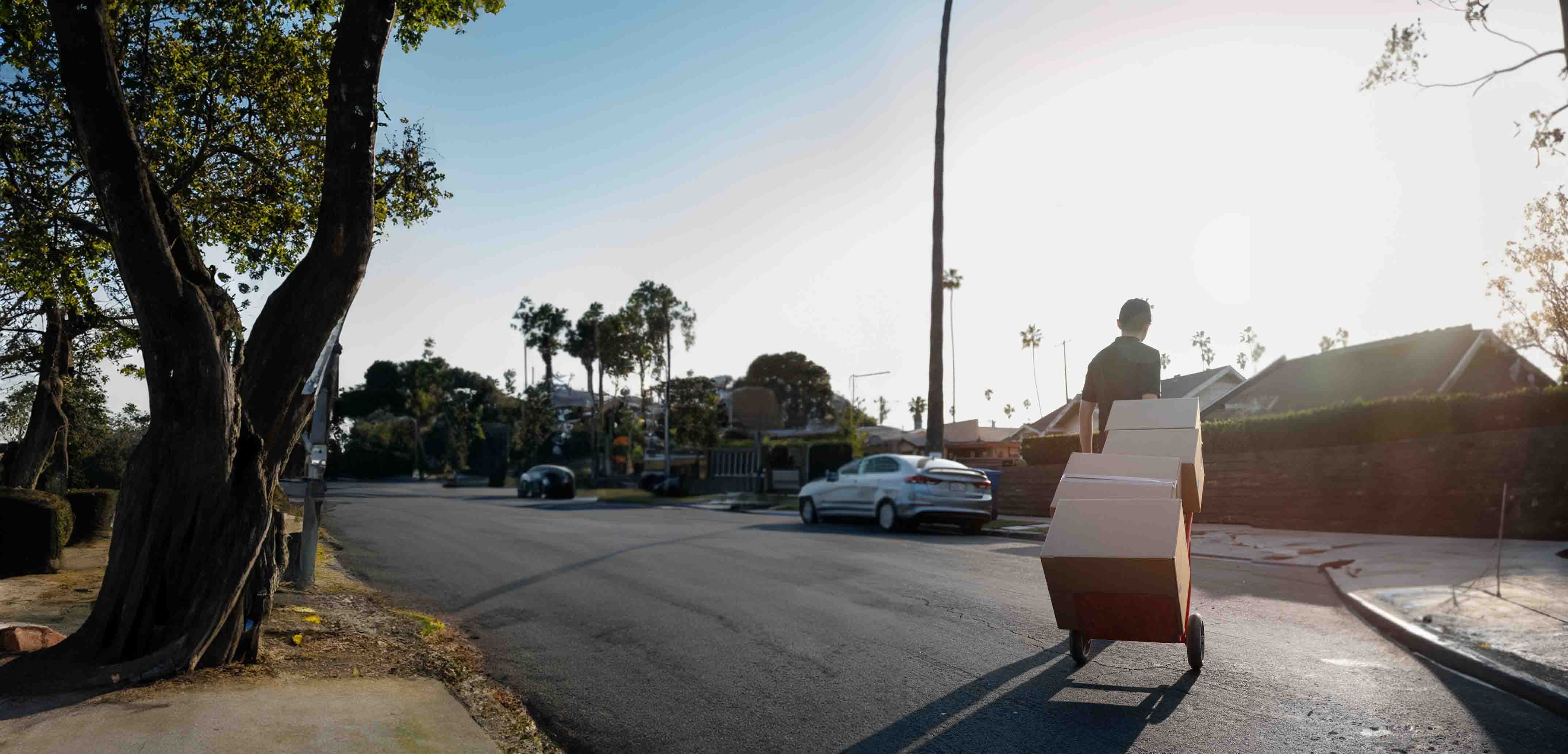
How to Grow your FMCG Distribution?
How to Grow your FMCG Distribution?
The FMCG sector accounts for the fourth-largest sector in the Indian economy with the total revenue expected to grow at a CAGR of 27.9% through 2021-2027 reaching nearly USD 615.87 billion (Source). Many FMCG conglomerates like ITC, Nestle India, Britannia Industries Limited amongst others have dominated the Indian market and are now competing with direct-to-consumer start-ups. The key catalysts propelling the growth of the FMCG sector include consumer awareness, rising income levels, evolving lifestyles and increasing accessibility. Distribution is very essential in the FMCG business as it helps in the transport of goods from the manufacturer to the end customer and ultimately helps in the fulfilment of business goals. Roadcast’s technology has been helping many FMCG businesses transport goods, covering all stages of delivery management. Our technology helps give visibility to the delivery operations. To understand this better, first let’s look into the stages of supply chain management.
Stages of Supply Chain Management
In the context of supply chain and logistics, first mile, middle mile, and last mile refer to specific stages in the transportation and delivery process. The first mile of the supply chain is the starting point where goods begin their journey. This stage involves transporting products from their source, which is typically the manufacturing facility or supplier, to the initial distribution centre or transportation hub. The focus here is on efficiently moving products from the point of origin to the broader distribution network. For example, products manufactured in a factory overseas may be transported to a regional distribution centre in the destination country.
The middle mile is the transitional phase in the supply chain that connects the first mile to the last mile. In this stage, goods move from the initial distribution centre or hub to various local distribution points, regional warehouses, or retail outlets. The middle mile involves transportation over longer distances compared to the first mile and plays a critical role in moving products closer to their final destinations. For instance, products shipped from a regional distribution centre may be sent to local warehouses or retailers within a specific geographic area.
The last mile is the final and the most crucial stage of the supply chain. It involves delivering goods from the local distribution centre, retail outlet, or warehouse directly to the end consumer's location. The last mile is characterised by short-distance transportation and a high level of customer interaction. This stage is critical for customer satisfaction, as it represents the point where products reach their ultimate destination, such as a customer's doorstep. Examples include a courier delivering a package from a local distribution centre to a customer's home or a retail store providing home delivery services. Now let us delve into the know-how of FMCG delivery management.
FMCG Success through Delivery Management
The Indian D2C online FMCG market is poised for substantial growth, anticipated to reach around 21 billion USD by 2025 (Source). As local kirana stores continue to dominate 80 percent of sales, ensuring a steady flow of orders from these outlets also remains paramount. Leveraging digitalization, FMCG companies are integrating suppliers, inventory, and distributors into unified ecosystems. The food delivery logistics industry is experiencing rapid expansion, driving the need for expedited deliveries. Looking ahead, the FMCG sector is ready to undergo digital transformation at a larger level, fueled by the adoption of IoT, mobile analytics, artificial intelligence, blockchain and cloud technologies. With Roadcast technology, one can stay ahead in this evolving landscape. We offer cutting-edge solutions that empower efficient delivery management, providing comprehensive software and hardware technology for real-time visibility and actionable insights.
Our rider management platform is an all-in-one solution that streamlines every aspect of delivery management. From assigning orders and monitoring rider status to implementing zone-specific geofence locations, tracking attendance, managing distance hourly distribution, enabling live streaming for real-time insights, and handling cash transactions seamlessly, our platform ensures efficient delivery management. It empowers businesses with the tools needed for effective oversight, operational efficiency, and enhanced customer satisfaction.
Role of Technology in Business Management
By integrating advanced artificial intelligence, our AI dash cameras revolutionise vehicle monitoring and safety. These intelligent devices employ real-time analysis to detect and alert drivers about potential hazards, preventing accidents on the road. From identifying erratic driving behaviour to providing automated incident reports, our AI dash cameras offer a comprehensive solution for fleet management and individual drivers alike. By meticulously analysing consumption patterns, our fuel monitoring system provides actionable insights that empower businesses to optimise routes, reduce fuel wastage, and achieve substantial cost savings.
Our facial recognition technology serves as a solution for streamlined employee attendance management. By seamlessly integrating with organisational systems, it ensures accurate and efficient tracking of staff presence. The technology's precision and speed not only eliminate manual processes but also enhance overall security measures. With user-friendly interfaces and robust data encryption, our facial recognition technology guarantees a seamless and secure experience, offering organisations a reliable tool for modernising attendance tracking and reinforcing workplace security.
Our temperature sensors play a crucial role in ensuring the integrity of temperature-sensitive FMCG products. Tailored for precision, these sensors provide real-time monitoring, safeguarding products that demand specific temperature conditions. These technologies, alongside others, are paramount for effective delivery management. Roadcast by providing a complete suite of mobility management solutions empowers businesses to streamline their operations, reduce costs, and therefore enhance overall efficiency.